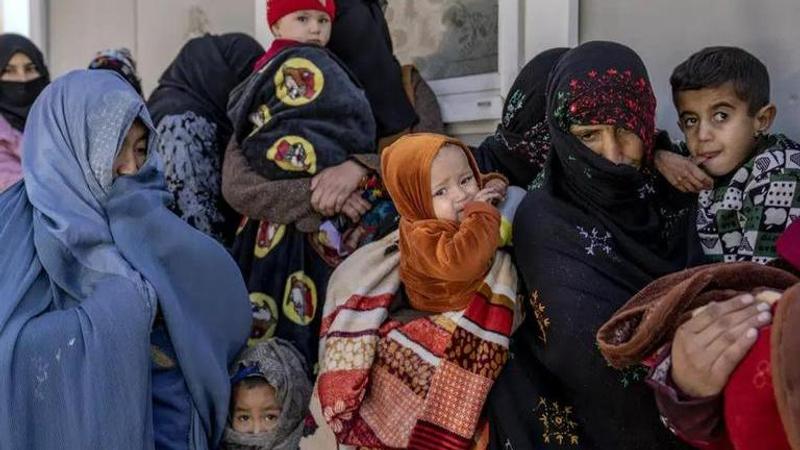Published 19:39 IST, March 31st 2023
Health of Afghan people in Taliban controlled regions remains precarious, says WHO
WHO has stepped in to provide assistance by establishing new primary healthcare facilities in remote regions of the country, serving the vulnerable.

Since the Taliban seized power in Afghanistan last August, the healthcare sector has suffered a significant decline. The situation has become so dire that the people are now relying on humanitarian aid to access basic medical care. According to the 26th Health Emergency Status Report for Afghanistan released by the WHO on Thursday, the organization has stepped in to provide assistance by establishing new primary healthcare facilities in remote regions of the country, serving the most vulnerable individuals. TOLOnews reported that more than 220,000 individuals have benefited from these services.
As per the recent report, the World Health Organization (WHO) and its partners in the aid cluster have made significant contributions to vital healthcare services in Afghanistan. The report states that the WHO has set a target of reaching 15.6 million people with essential healthcare services across the country, including remote and difficult-to-access areas by 2023. As of February 2023, the WHO has established 185 primary healthcare facilities in underserved areas in 26 provinces, serving over 2,20,000 individuals. Furthermore, the organisation has distributed over 2,800 cubic meters of medical and non-medical supplies to aid partners in response to ongoing health emergencies.
8,28,000 new cases of acute respiratory infections, says WHO
The latest report reveals that almost 8,28,000 new cases of acute respiratory infections (ARI) were documented in Afghanistan in February. Shockingly, 45.1% of the total 4,353,661 ARI cases recorded since October 2022, which amounts to 13.3% of the country's entire population, affected children under five years old. Furthermore, Khaama Press reported that ARI instances have risen in comparison to the three-year average since 2022. The WHO report also highlights that approximately 17% of adults in Afghanistan are experiencing mild to moderate psychological problems such as depression, anxiety, and post-traumatic stress disorder. Additionally, the economic stability of the country heavily relies on humanitarian aid flows due to the ongoing deep crisis.
Updated 19:39 IST, March 31st 2023




